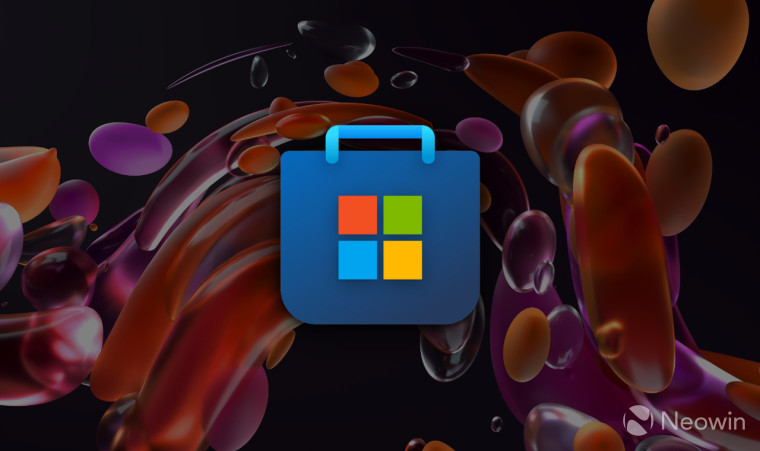
Microsoft has released a revised version of the Microsoft Store Policies, a set of rules every developer must follow if they want to publish their project in the Microsoft Store. Version 7.16 brings several changes, some of which should make it much harder for bad developers to scam people using paid forks of free, open-source software.
We recently covered top-10 features and changes people want to see in the Microsoft Store. Many people agree that Microsoft needs to be more proactive in combating and removing fake or scammy apps that use popular software names to charge users for what should be free. Unfortunately, it is pretty easy to stumble across a paid GIMP, overpriced 7ZIp copies, or stupidly expensive Google Chrome "user guides" in the Microsoft Store.
New rules now prohibit publishing such apps. It is now illegal to list paid copies or forks of free, open-source apps. Also, Microsoft does not allow overcharging or setting unreasonably high prices. The updated article 10.8.7 states the following:
In cases where you determine the pricing for your product or in-app purchases, all pricing, including sales or discounting, for your digital products or services must:
- Comply with all applicable laws, regulations and regulatory guidelines, including without limitation, the Federal Trade Commission Guides Against Deceptive Pricing.
- Not attempt to profit from open-source or other software that is otherwise generally available for free, nor be priced irrationally high relative to the features and functionality provided by your product.
The Microsoft Store also prohibits software impersonation, which means no third-party app can mimic Google Chrome, Microsoft Edge, or other developer's products. This rule, combined with the new pricing policy, should entitle Microsoft to remove multiple apps trying to get some easy money on less tech-proficient users.
Another notable change in the Microsoft Store Policies is the prohibition of products "whose intent is to provide content related to information, news, or current events in the real world from disseminating misinformation." These are significant changes that will contribute to the overall quality of the Microsoft Store and its customers' safety.
Developers can learn about other updates in the Microsoft Store Policies in the official documentation.
_small.jpg)



















8 Comments - Add comment